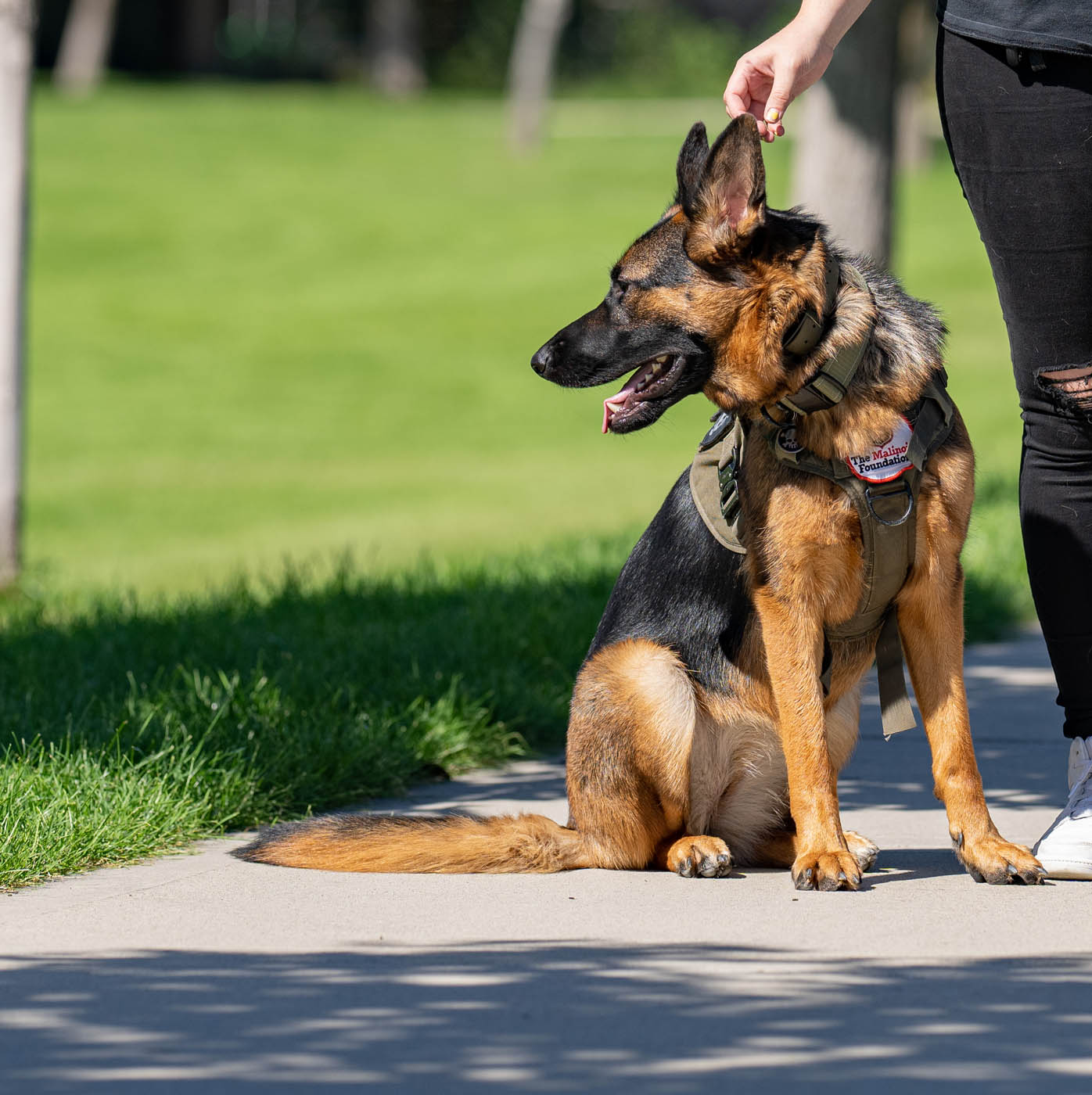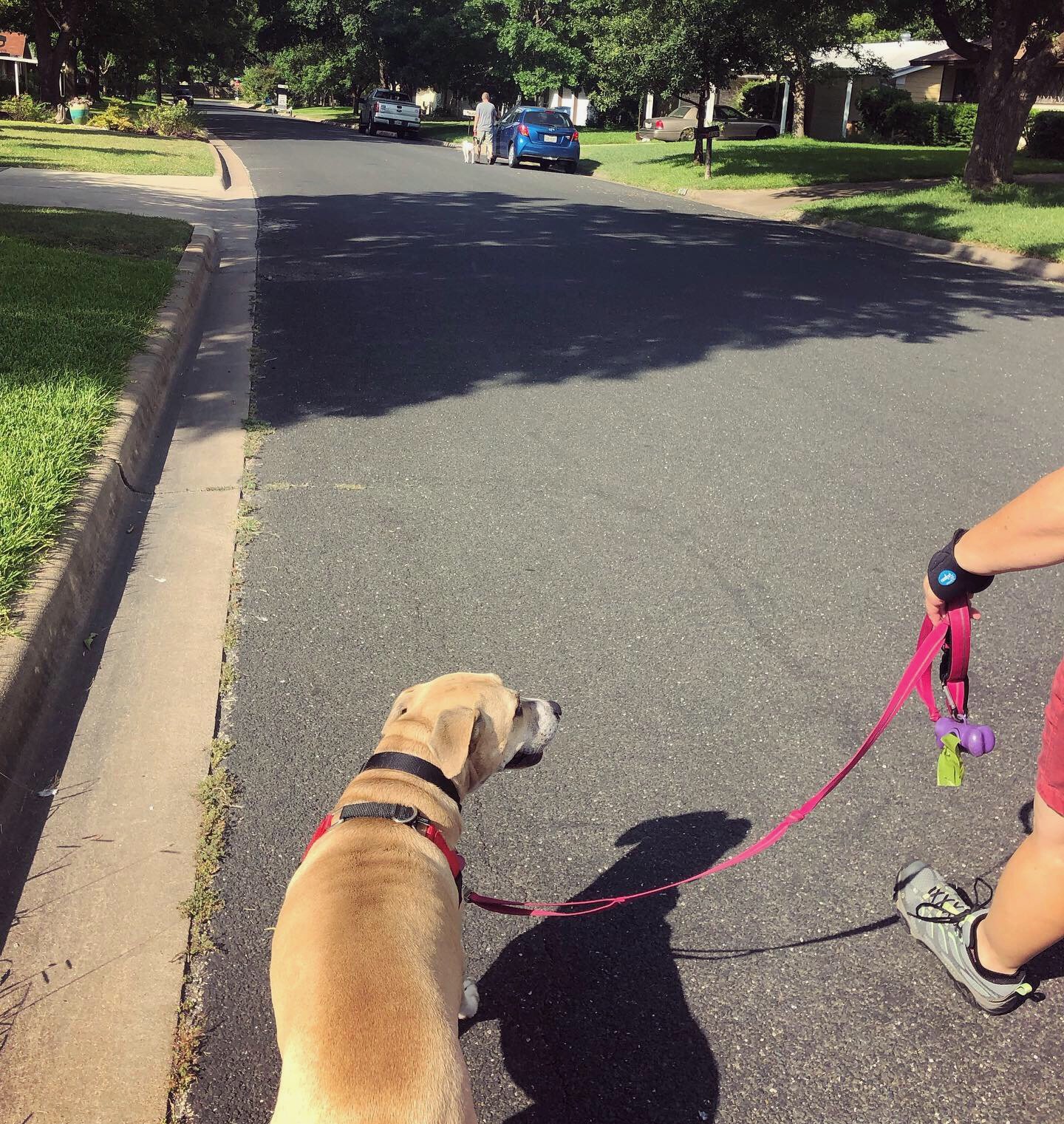Dog Training Charlotte NC: Your Course to a Well-Behaved Dog
Dog Training Charlotte NC: Your Course to a Well-Behaved Dog
Blog Article
Unlock Your Canine's Possible: Proven Dog Training Methods for Success
Effective canine training is a nuanced process that rests on comprehending canine behavior and utilizing clinically backed strategies. Dog training. By incorporating positive support, developing clear commands, and focusing on socialization, dog owners can cultivate a productive relationship with their family pets. However, obstacles typically occur that require customized remedies and a patient approach. Exploring these confirmed methods discloses not only the possibility for behavior improvement yet likewise the much deeper bond that can be created between owner and pet. What necessary methods must be thought about to absolutely unlock your pet dog's capacity?
Understanding Pet Dog Actions
Recognizing pet dog behavior is vital for reliable training and fostering a positive relationship in between dogs and their owners. A comprehensive understanding of canine body movement, articulations, and social communications is essential for recognizing their requirements and feelings. Pet dogs connect largely with non-verbal cues; for instance, a wagging tail may indicate exhilaration, while pinned ears can indicate worry or submission.

Moreover, environmental aspects play a substantial role fit a pet's habits. Adjustments in routine, brand-new surroundings, or the existence of strange individuals can result in stress and anxiety or anxiety in dogs. Acknowledging these triggers allows proprietors to minimize unfavorable reactions and establish suitable training methods.
Ultimately, a deep understanding of canine behavior lays the structure for effective training methods, improving both behavior and the overall bond in between the canine and its proprietor. Dog training. This knowledge is crucial for promoting a well-adjusted, satisfied canine companion
Favorable Support Methods
Effective training relies heavily on favorable support methods, which have actually been shown to produce substantial results in forming desired behaviors in pet dogs. This approach entails rewarding a dog for exhibiting specific habits, thereby enhancing the chance that these habits will be duplicated. Rewards can take various forms, including treats, appreciation, playthings, or play, depending upon what inspires the individual dog.

It is important to slowly terminate rewards as the dog finds out the habits, transitioning to periodic support. This approach maintains the actions in time while preventing reliance on constant incentives. By concentrating on positive support, trainers can grow a relying on connection with their pet dogs, promoting a healthy and balanced and participating training setting that boosts general obedience and efficiency.
Developing Consistent Commands
An essential element of effective pet dog training is the establishment of constant commands. Uniformity in commands is essential for effective communication between the trainer and the pet. When commands are uniform, pet dogs learn to link particular words with desired habits, which increases the training procedure and improves understanding.
To develop constant commands, it is important that all household members use the same terminology and motions. If one person makes use of "rest" while another says "sit down," it can develop confusion for the canine. Select clear, distinctive words for commands and make sure everyone included in the pet dog's training complies with these choices.
Additionally, repeating is vital. Reinforce commands through constant practice, ensuring that the pet dog gets enough chances to respond appropriately. When a pet successfully adheres to a command, instant positive reinforcement ought to adhere to. This might be in the kind of deals with, appreciation, or playtime, strengthening the link in between the command and the action.
Last but not least, hold your horses. Establishing consistent commands takes some time and initiative. With commitment and clarity, you will certainly aid your canine create a solid understanding of assumptions, inevitably bring about a well-behaved buddy.
Socializing and Direct Exposure
Interacting socially a pet dog is essential for promoting a positive and well-adjusted buddy. This procedure includes subjecting your canine to a selection of environments, individuals, and various other animals to establish their social skills and versatility. Early socializing, preferably between the ages of three to fourteen weeks, is critical, as it lays official source the groundwork for a dog's future habits.
Throughout socializing, objective to supply favorable experiences in various settings, such as parks, busy roads, and homes with other pets. Present your canine to numerous stimulations, including noises, views, and smells, making sure that each experience is rewarding. This direct exposure helps alleviate fear click here for info and anxiety, leading the way for a much more resilient pet.
Engaging in regulated group play sessions with various other dogs can likewise boost social abilities, teaching your pet dog ideal communications and borders. Constantly check your pet dog's comfort degree during these experiences, progressively raising direct exposure as their self-confidence grows. Keep in mind, the goal is to produce an all-round pet dog that thrives in varied circumstances, promoting an unified partnership with both human beings and various other pets. Prioritizing socializing will significantly add to your dog's overall joy and behavior throughout their life.
Conquering Common Training Difficulties

Another constant problem is interruption. Canines may struggle to focus in strange or hectic settings. Slowly desensitize your canine to distractions by starting training in a quiet atmosphere and gradually introducing more stimulations as they become link efficient (dog training near me). Positive support strategies, such as treats and praise, can maintain motivation and focus.
In addition, behavior problems like jumping or too much barking can come to be discouraging. Address these by teaching alternative behaviors, such as sitting calmly when greeting guests. Consistency and perseverance are critical; reinforce desired habits constantly and stay clear of scolding, which can lead to confusion.
Last but not least, identify that each canine is distinct, and training timelines may differ. Tailor your approach to your pet's private demands, and look for professional assistance if needed. With perseverance and the ideal methods, conquering these obstacles can result in a well-trained, pleased canine buddy.
Conclusion
In conclusion, opening a pet's possible necessitates an extensive strategy that integrates an understanding of canine habits, the application of favorable support techniques, and the facility of regular commands. Early socializing and exposure to diverse settings better improve a pet's flexibility and confidence. By resolving typical training obstacles with customized methods and patience, a unified and cooperative relationship between dog and handler can be cultivated, ultimately resulting in a well-behaved companion capable of flourishing in various situations.
Reliable canine training is a nuanced process that hinges on recognizing canine behavior and using scientifically backed strategies.Understanding canine habits is necessary for effective training and promoting a positive partnership between pet dogs and their owners.Reliable training relies heavily on positive reinforcement techniques, which have been shown to yield significant results in forming desired actions in pet dogs. When commands are uniform, pet dogs learn to connect details words with preferred actions, which speeds up the training process and improves understanding.
In verdict, unlocking a pet dog's possible demands a thorough strategy that includes an understanding of canine habits, the application of positive support strategies, and the facility of consistent commands.
Report this page